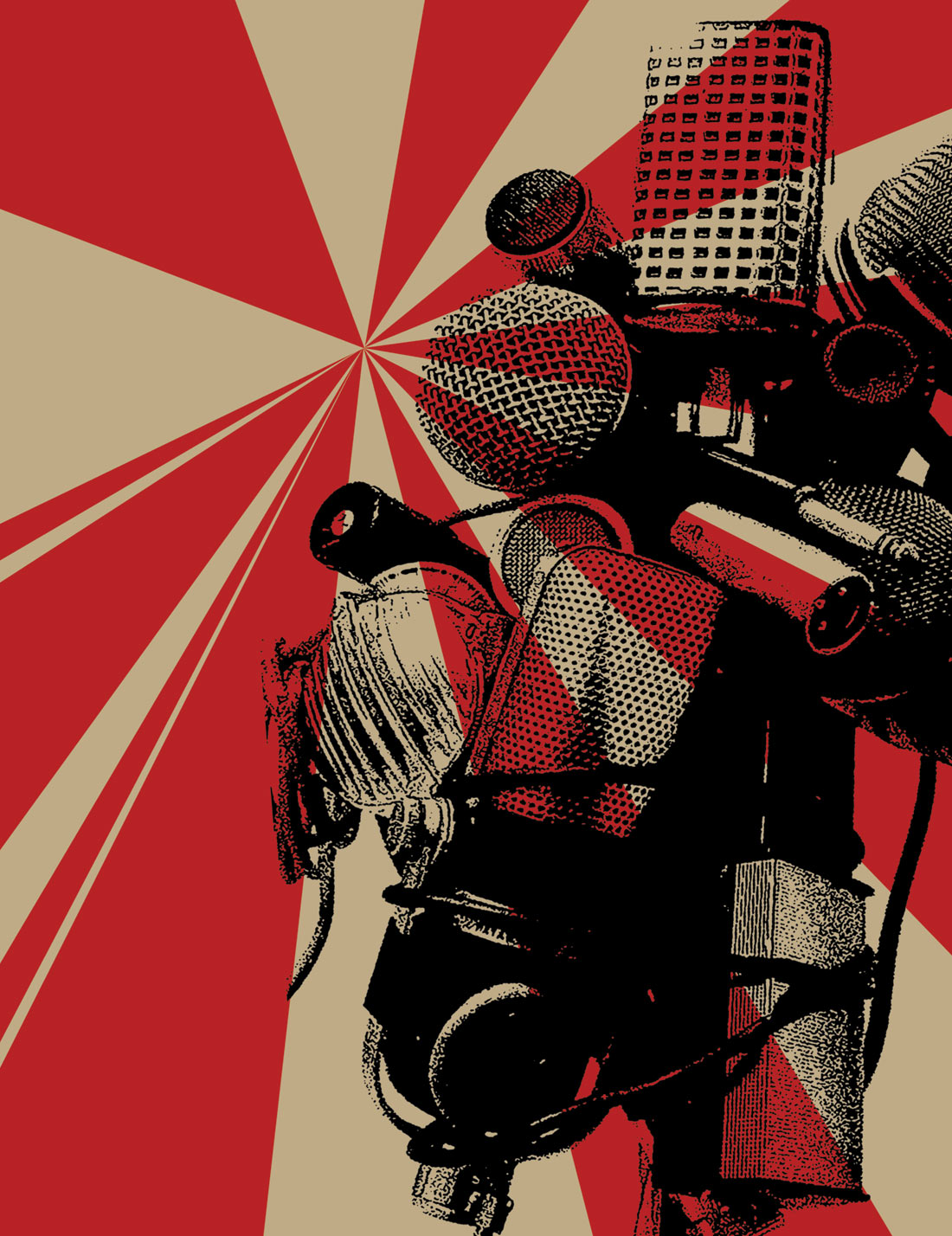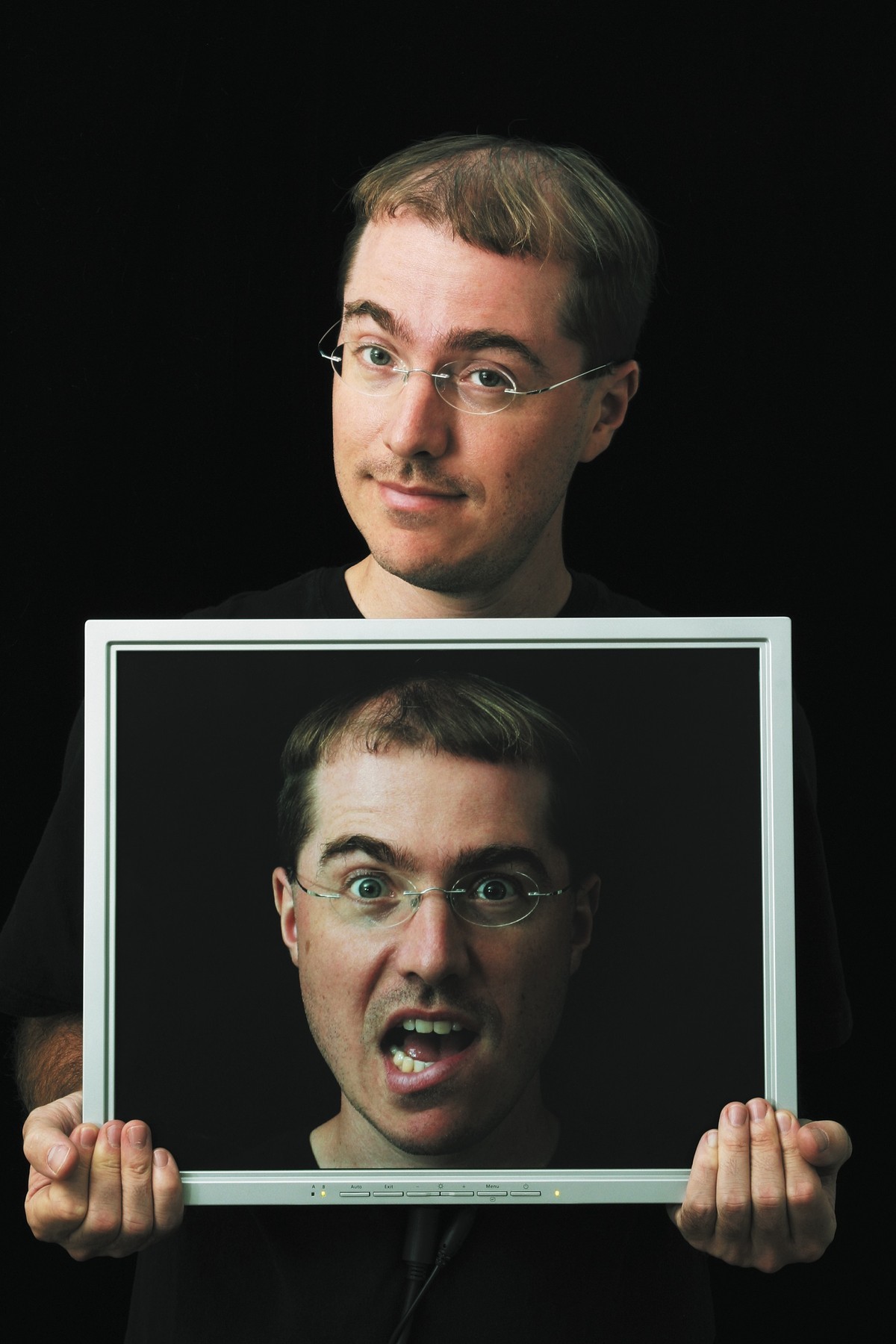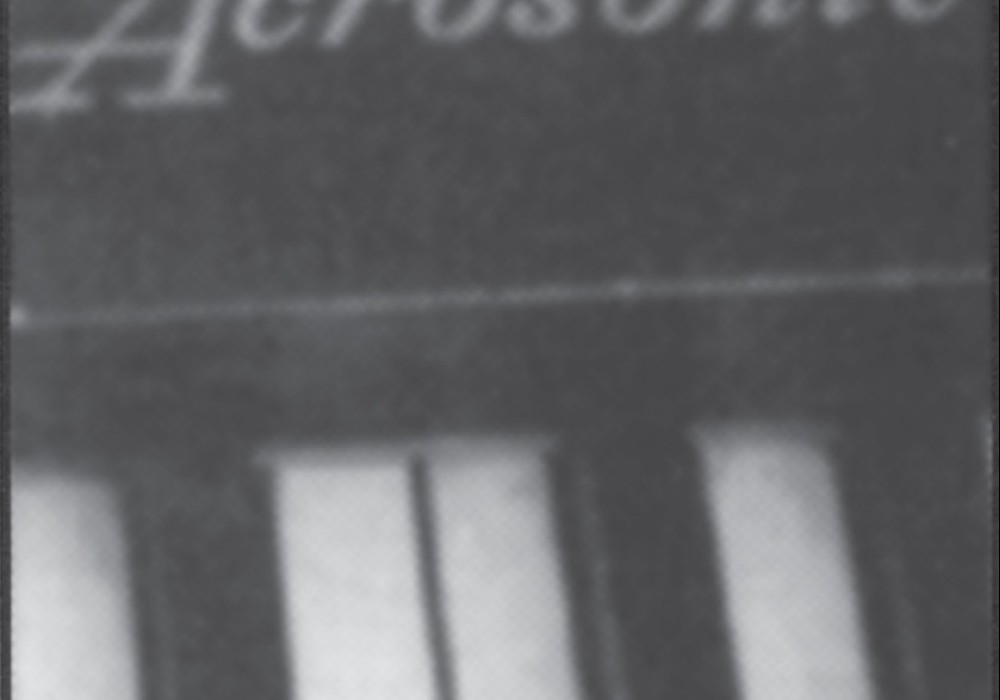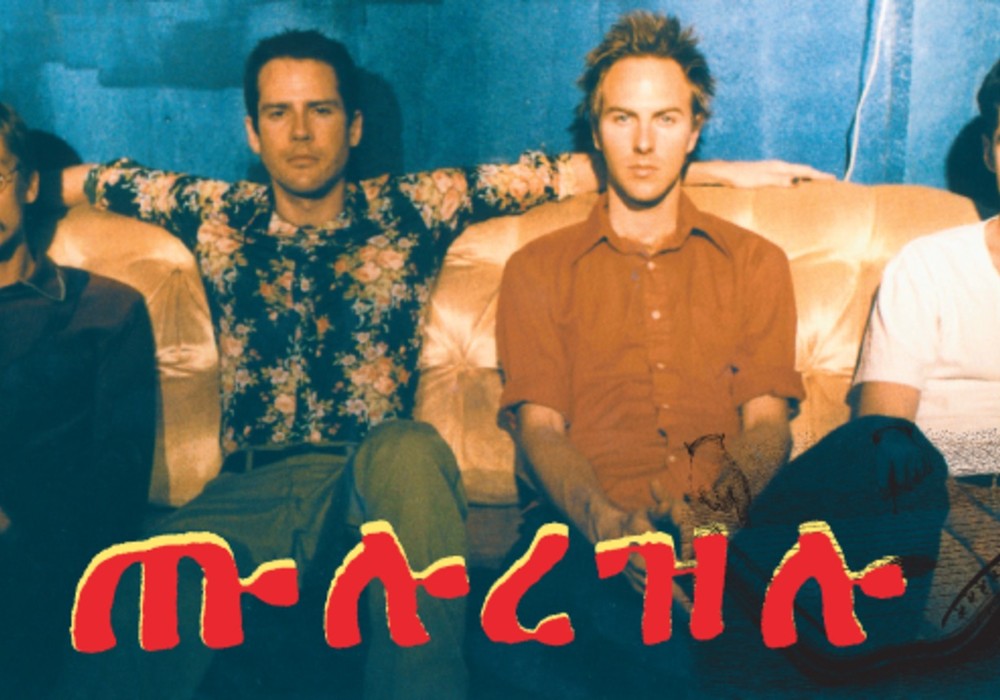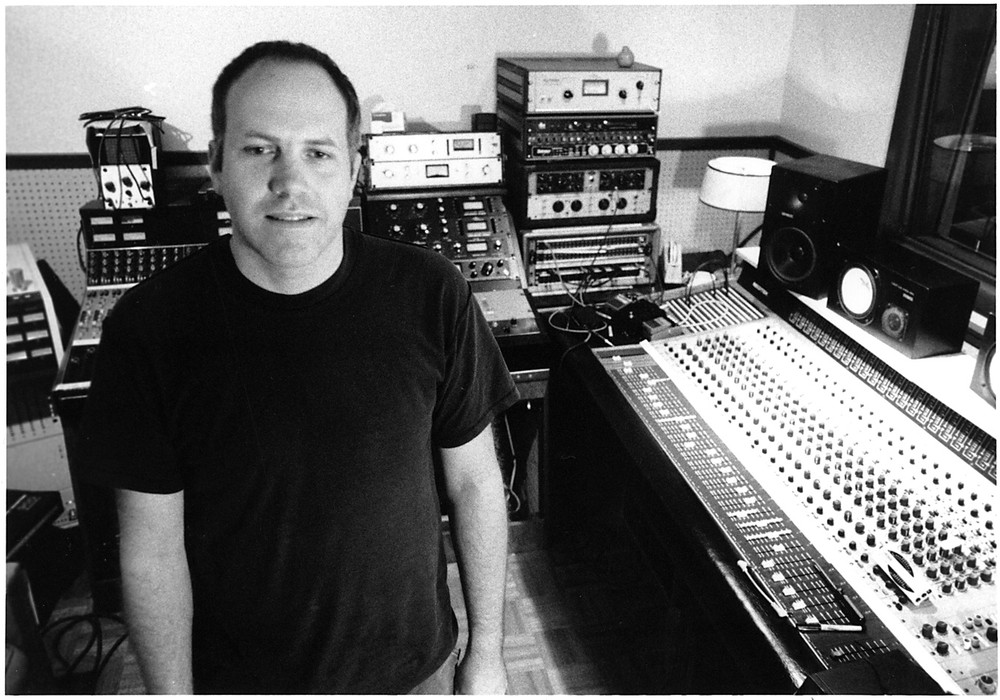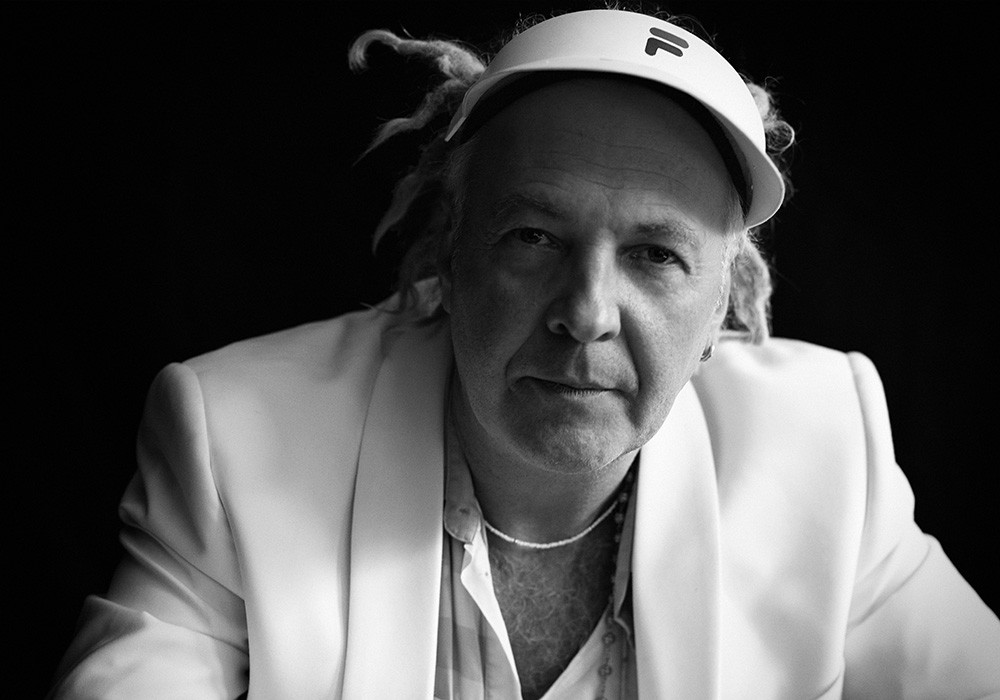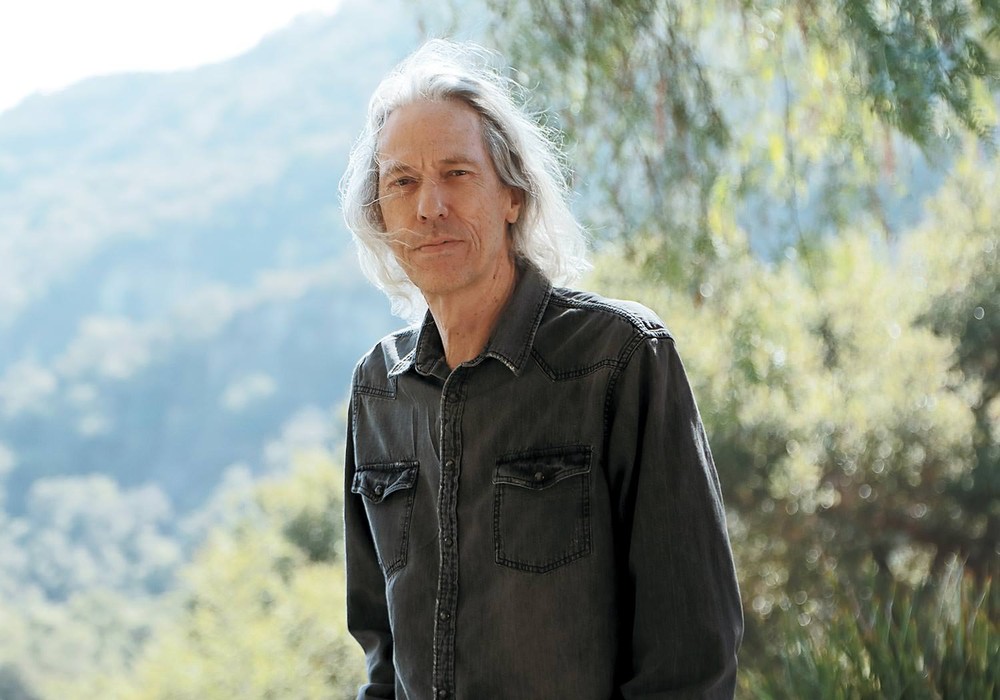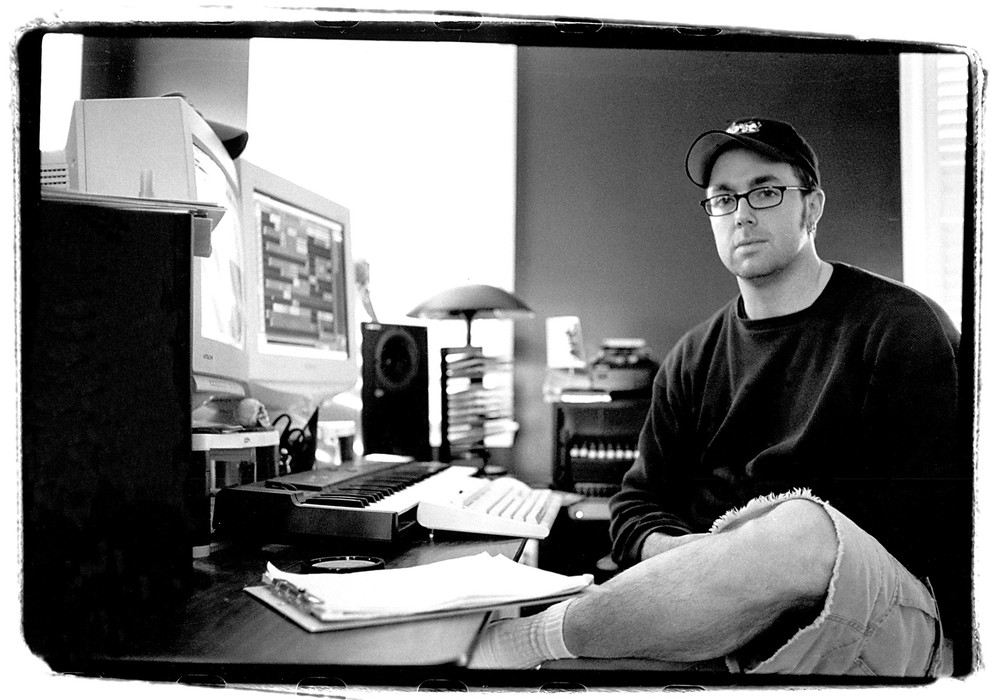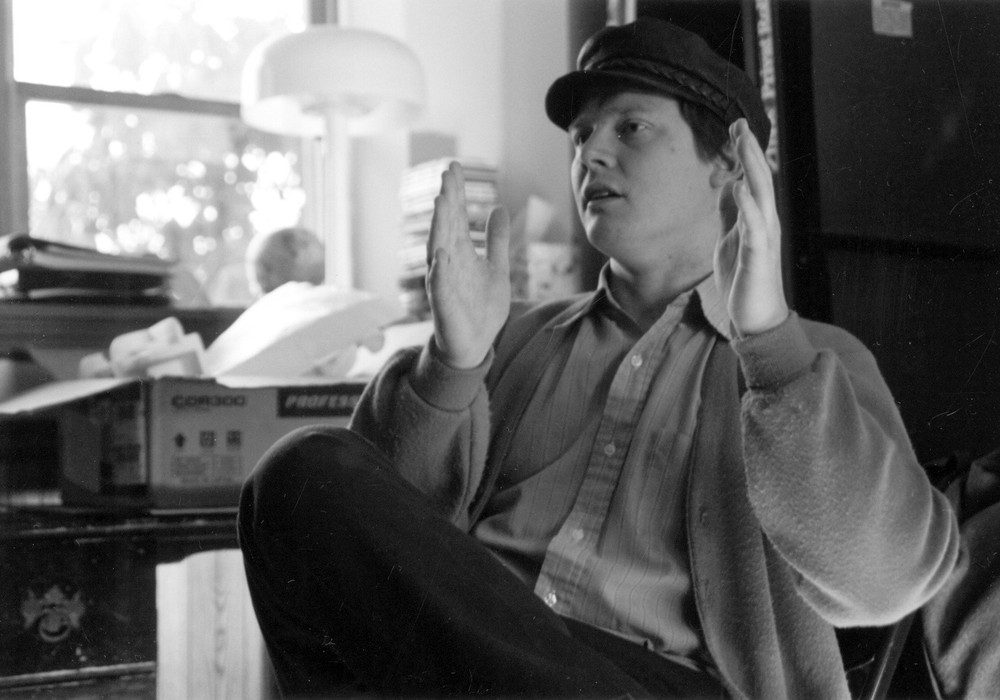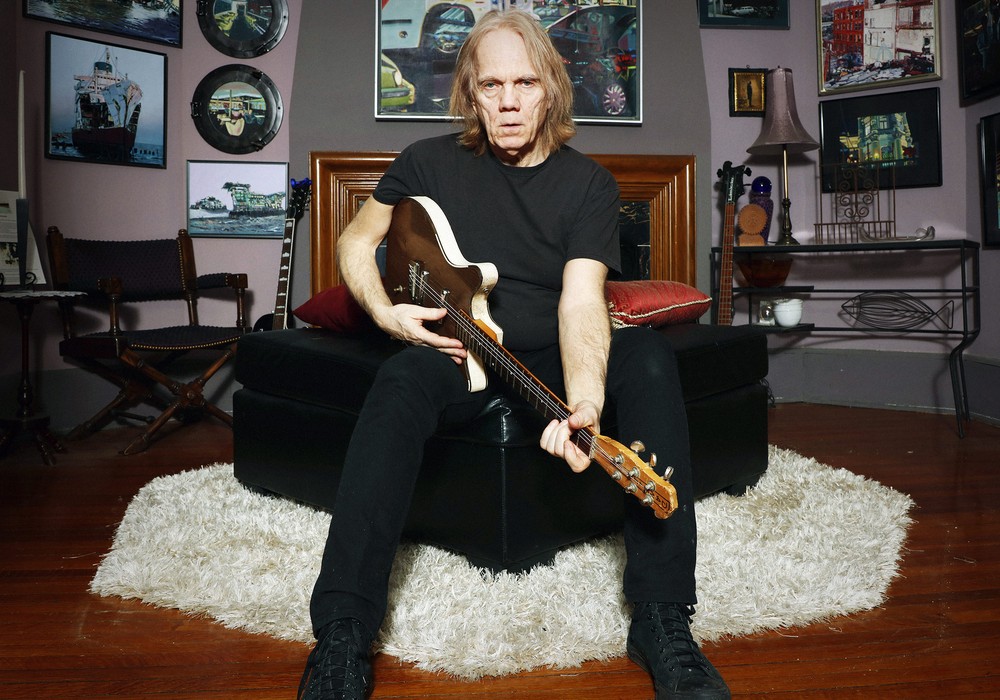Creative Commons, or CC, was launched in 2001 as a means to help artists and creators of intellectual property deal with the increasing pressure of a "Permission Society." In an effort to bypass the copyright lawyers and to create a legal, reusable document that allows the creator of a piece of music, text or image a new way to manage their copyrights, CC has created a place in between the "All Rights Reserved" of traditional copyright and the "No Rights Reserved" of the public domain. John Buckman, founder of Magnatune.com (a new type of record label whose motto is "We Are Not Evil"), and member of the board of directors of Creative Commons, found the time to answer some questions about copyright law, CC and what CC means to creators of new works of art, specifically musicians.
Can you briefly describe what Creative Commons is, and what it does?
Creative Commons lets creative people assign legal licenses to their works, giving users more rights than "all rights reserved." For example, a musician can allow people to remix their work as long as no money is made.
Why are you so excited about CC? What is your involvement?
CC is a way for artists to get heard by a very large audience. Previously, the main way to build an audience was with a large marketing budget. This really levels the playing field and allows smaller, more creative artists and works to have a chance at making it. As a musician, I'm keenly aware that the music I write is built on all the music I've heard over my lifetime. Nothing I create is truly original — it's a mix of inspiration and foundational knowledge from music that's been written before. But with "permission society" creeping in I fear for the future, and CC is a way out of permission society, a future where creative possibilities expand rather than contract. Because of Magnatune's success I was invited to be on the Creative Commons Board of Directors in fall 2006.
What needs in the area of music production and distribution do you see CC addressing?
Building an audience, business development, partnerships, facilitated distribution, removing most legal costs, removing much legal liability in artistic creation, marketing, mindshare and positive branding.
What is the difference between CC and copyright?
Copyright is "all rights reserved" and CC is "some rights reserved." With copyright, every use of a work requires the creator's permission. With CC, some uses are pre-allowed without the artist needing to give permission again.
Would/does a CC license have the same legal strength in proving date of creation and ownership as a copyright? Should artists still copyright their works?
CC works with copyright. The artist still retains the copyright — they simply also license the work under a CC license.
In one of the videos on the CC website it is mentioned that during the creation of CC there was some dialogue with the U.S. Copyright Office. What kind of backlash, if at all, has there been from the U.S. Copyright Office or copyright lawyers concerning CC and its mission?
I can't comment on the copyright office discussions, as I wasn't part of CC then. There has been a backlash among conservative lawyers and organizations that like the current system, and see no problem with it, since "it works perfectly well, you just need to have my lawyer call your lawyer, and we'll write up an agreement and agree on fees." For organizations with lots of money and all the contacts and content, this is very cozy and highly profitable. But, when a music license costs $20,000 with this process, lots of people, ideas and projects are cut out. That's just fine for some people, but not for me.
What kind of effect can CC have on the works of remix artists and those who use samples in their music?
CC Mixter is a site that enables musicians to upload their a cappellas, and others to make new music from that, all completely legally and with CC licenses providing the legal foundation.
What about the musicians, recording artists and remixers who make a living through their recorded musical expressions? Copyright law was originally intended to protect the artist and to foster creativity. Do you see this happening with sites like CC Mixter?
CC leaves copyright and all the power, in the hands of the creator. All CC does is give the creator options, in cases where it might be in the creator's wishes to have a license on their works besides "all rights reserved." For example, if a musician wants to have many remixes of their work, a site like CC Mixter enables that like nothing else, and the CC licenses make it all legal. Mixter has had many major label musicians participating, both because they like the quality of the work produced by Mixter's participants, but also because they personally like inspiring and enabling a new generation.
How has current copyright law stifled the creativity of such artists?
Copyright, meaning...
